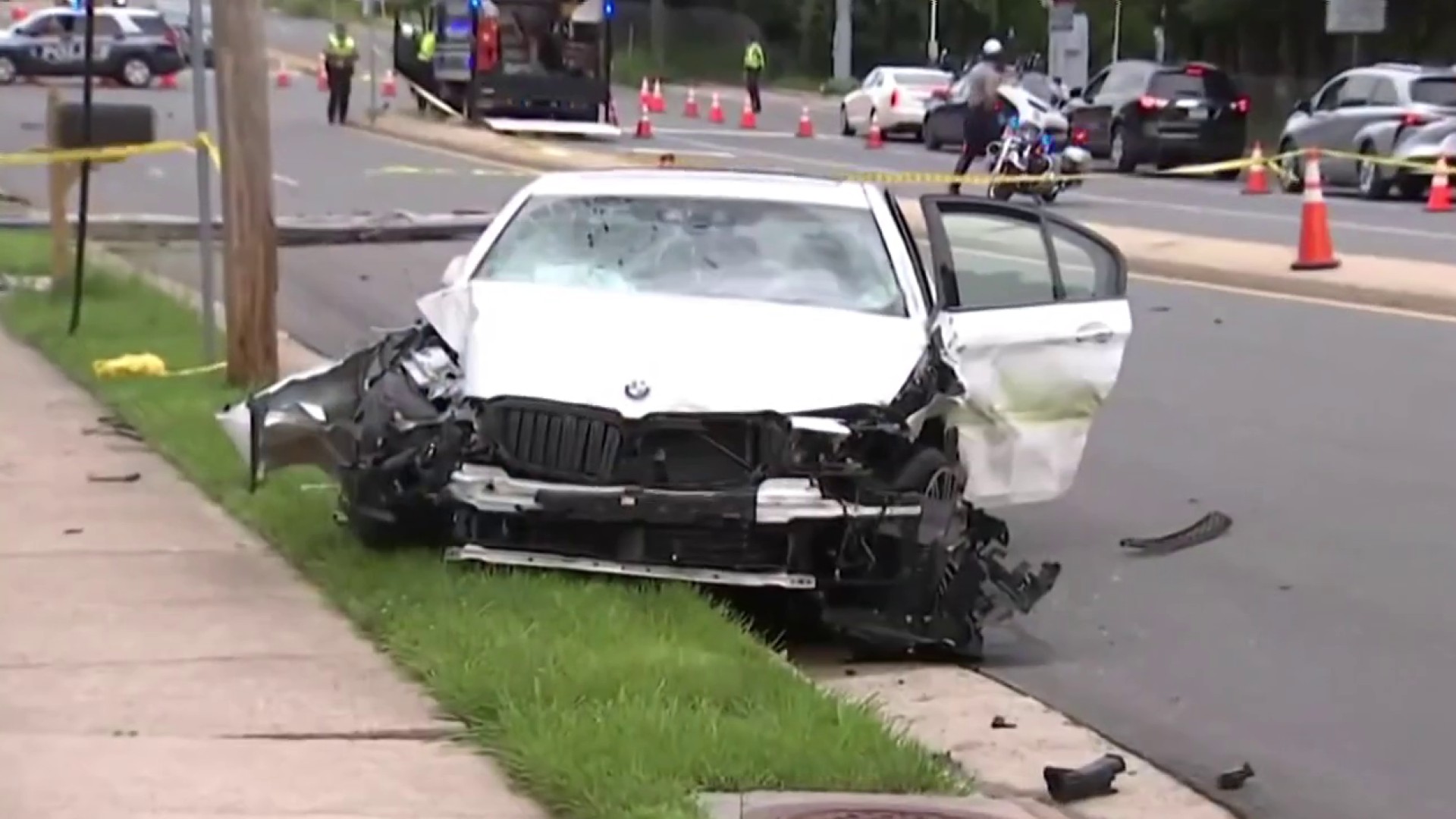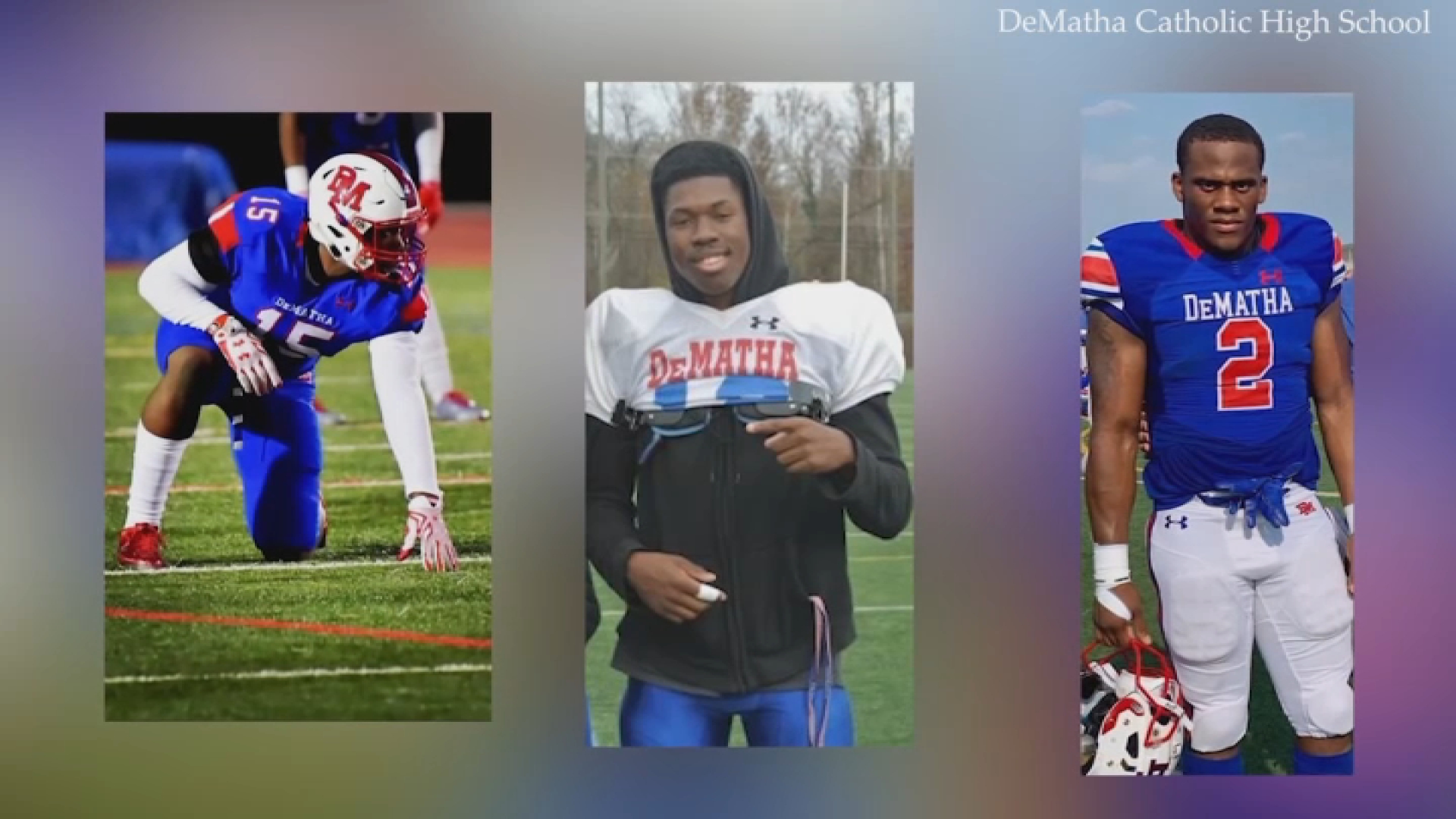A breast cancer survivor from Northern Virginia is a medical marvel after taking part in an experimental treatment that wiped out any trace of the disease in her body.
More than a decade later, Samantha Seinfeld is cancer-free and giving back to the scientific community as doctors examine her DNA for clues that could help others battling the disease.
Seinfeld’s breast cancer was very aggressive. Diagnosed with metastatic breast cancer in 2006, the Annandale woman faced a dire diagnosis.
As the cancer spread to her liver, she searched for new treatment options. She knew the odds were stacked against her, but she refused to give up. The median survival rate was five years and time was ticking.
Seinfeld, 43, enrolled in a clinical trial led by the National Cancer Institute (NCI) at the National Institutes of Health in Bethesda, Maryland. She was one of 50 women to take an experimental vaccine called PANVAC, and the sole survivor of the small clinical trial.
Medical oncologist Dr. Margaret Gatti-Mays specializes in immunotherapy and breast cancer at NCI and is the co-director of the clinical trials group.
“This vaccine would train her immune system to identify that her cancer cells were bad and train the immune cells to not only find these cancer cells, but also to kill them and get rid of them,” Gatti-Mays said.
Local
Washington, D.C., Maryland and Virginia local news, events and information
The results were remarkable, but extremely rare. Not only did Seinfeld recover, doctors say there is no trace of cancer in her body.
“Sometimes being the one that's the only survivor or someone that can change things can scare other people. Why her? And believe me, I wonder, why me?” Seinfeld said.
Researchers are now studying Seinfeld’s case, mapping out her DNA to figure out why this treatment was so successful for her and not for others. They're pouring over her tumor, her blood, and her immune cells for clues. Doctors are hopeful her case could help thousands of other women battling the disease in the future.
“This helps us get a sense of what really separates those patients who have incredible responses and how potentially we can help others have those responses too,” Gatti-Mays said.
Seinfeld returns to NIH every three months to get her PANVAC vaccine and continues to see her oncologist monthly.
She’s been cancer-free for more than 12 years. As for her future, Seinfeld says she’s only looking forward, “I hope for a lifetime of health, that will be my wealth.”
NCI’s Cancer Information Service is available to answer any cancer-related questions through their website, including information on how to enroll in any cancer-related clinical trials.



